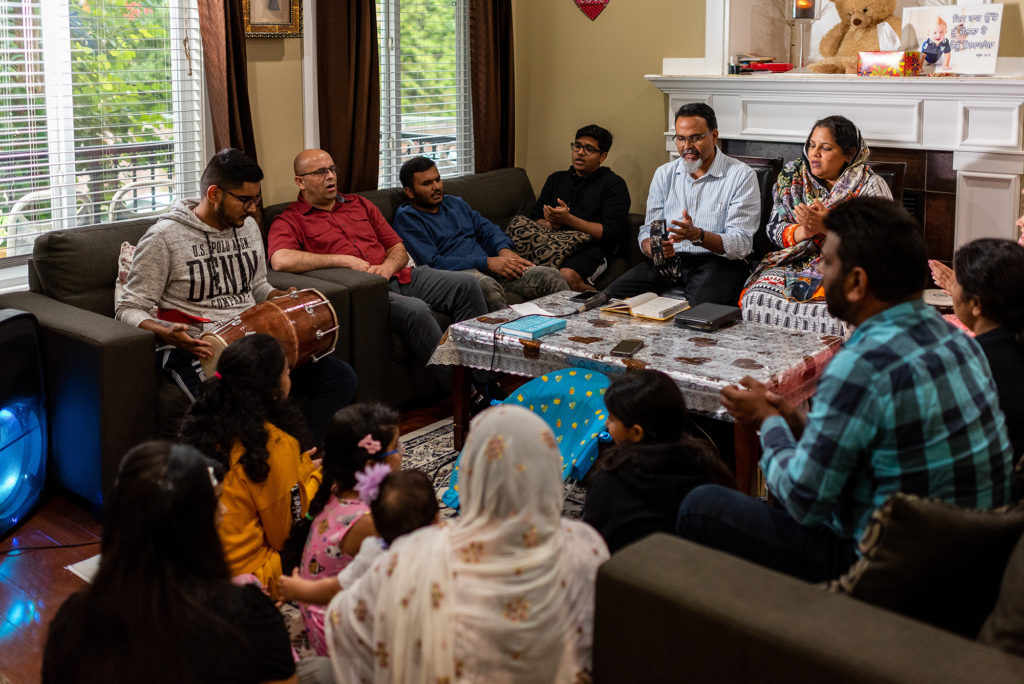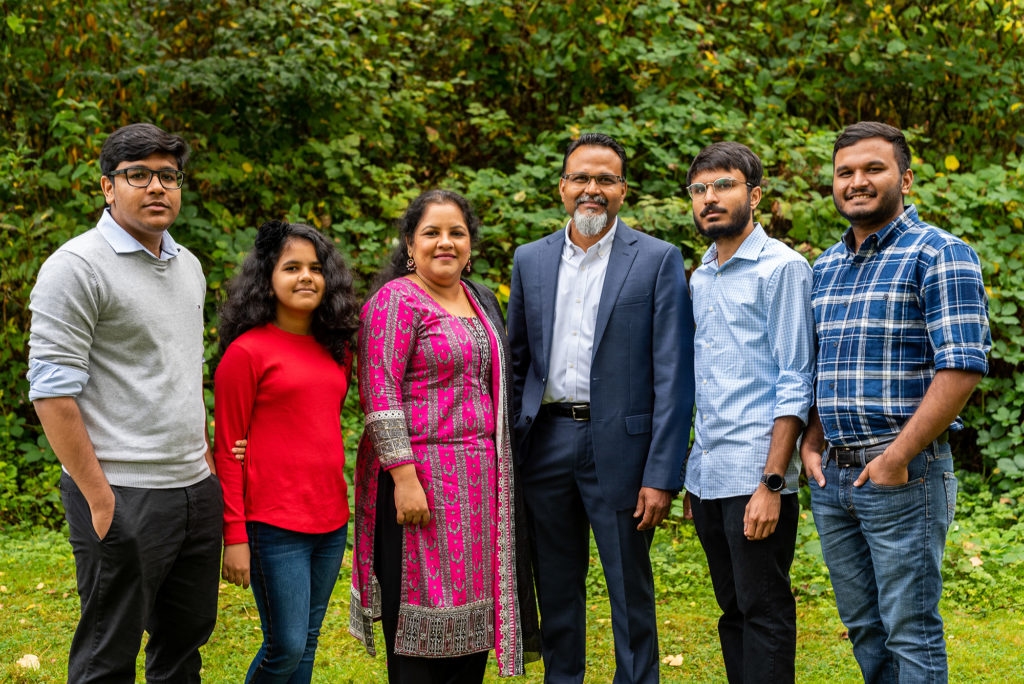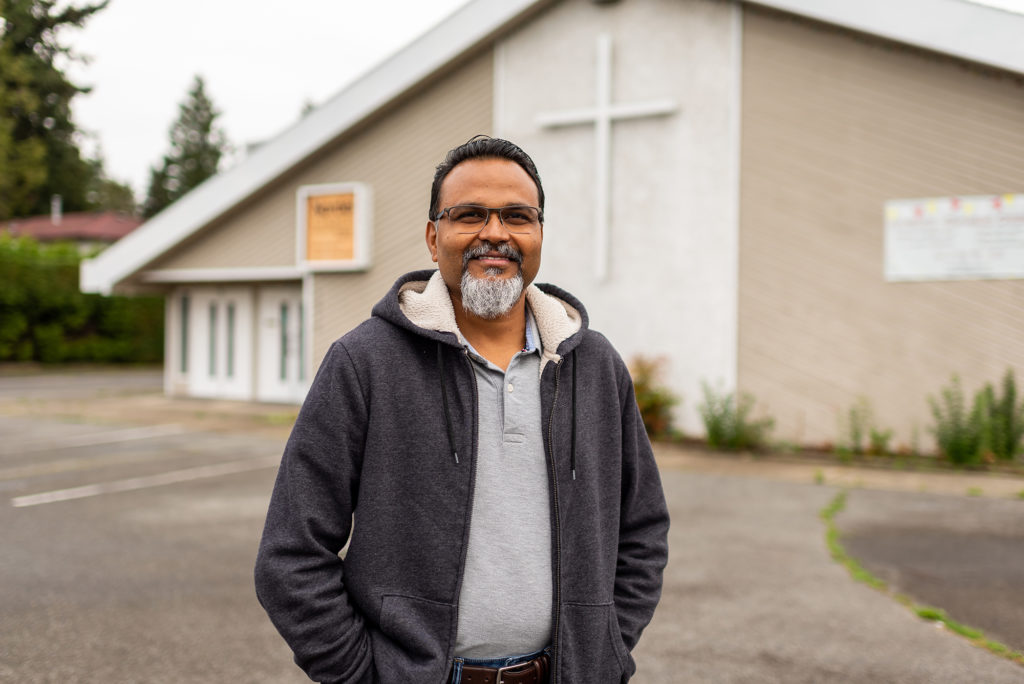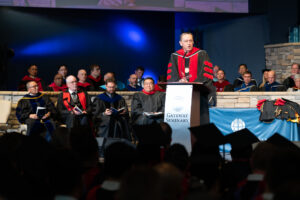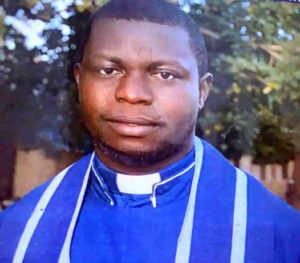
Editor’s Note: This year’s Week of Prayer for North American Missions is March 7-14 and is focused on the theme: The Mission Moves Forward (“Therefore, my dear brothers and sisters, be steadfast, immovable, always excelling in the Lord’s work, because you know that your labor in the Lord is not in vain.” )1 Corinthians 15:58). The emphasis spotlights the spiritual needs and ministry taking place on the North American mission field leading up to the annual Annie Armstrong Easter Offering (AAEO) for North American Missions. All gifts given to the offering go to support and resource missionaries on the field. The AAEO provides half of the annual funding for the North American Mission Board. Gifts to the Annie offering can be given through local Southern Baptist churches or online at give.anniearmstrong.com. This year’s goal is $70 million.
VANCOUVER (BP) – It was almost more than Cindy* could handle. Her husband was in the hospital, and her daughter was sick too.
So, she shared her burden with a couple at her workplace — Simon and Asiya. And it just so happened that Simon and Asiya are Christians.
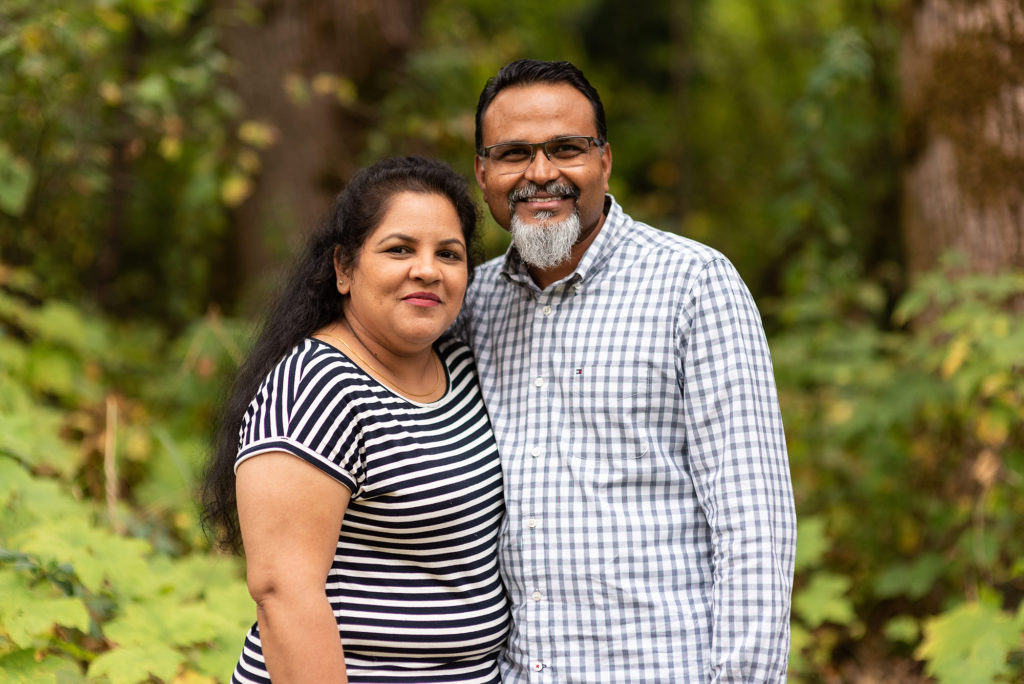
“Asiya shared Cindy’s prayer need during our Wednesday Zoom Bible study and prayer time, and we all started praying for Cindy and her family,” said Shahid Kamal, who planted South Asian Community Church in metro Vancouver in 2016.
Not long after, Cindy’s daughter got better, and so did her husband, and Cindy decided to give church a try. She was afraid her husband would be angry since he came from a different religious background.
“But she was amazed that he didn’t say anything,” North American Mission Board (NAMB) church planting missionary Shahid Kamal said.
And when Shahid talked and prayed with her after the service, she told him that she felt drawn to the church.
“She felt peace in her heart while she was in church and did not feel judged,” he said. “She felt accepted and loved. On that Wednesday she joined in our video conference Bible study and prayer time, and she was praising God saying her husband also wanted to come to church.”
Connecting through intercession
It’s a story Shahid and his family see happen time and again – people being brought to faith in Christ by seeing the power of prayer. It’s not easy to convince South Asians that God is the only deity they need. Hindus have many visible gods, and Sikhs have many gurus, Shahid said. But the church’s prayer ministry has been a successful connecting point.
“Many came to our church for the very first time for prayer. They have their certain prayer requests. And, praise God, God answered them and showed them that He’s a living God,” said Shahid.
That fact stands out against the religious system they’ve been living in, he said, and word is getting around. A church member brought one woman for prayer who told Shahid “that her guru told her to go to church because he isn’t able to help her in her struggles.”
That was a touching moment for Shahid, and he prays that kind of experience keeps on spreading.
“In the midst of this complex situation (of people believing in multiple deities), we are trying to help them to know, believe and receive Jesus Christ,” Shahid said.
South Asia in North America
More than 300,000 South Asians call the Greater Vancouver area home, and Surrey, a city that’s part of the metro area, has “become the West Coast hub of all things South Asia,” Shahid said. The community is full of South Asian grocery stores, restaurants, signboards and even street names.
The people there speak a mix of languages, mostly Punjabi, Hindi and Urdu. South Asian Community Church held services in Punjabi at the beginning, but as they began to draw in different people groups, they began incorporating other languages as well.
“We try to connect with people and help them with things,” Shahid said. “Some people need help adjusting in the new culture, like navigating work, housing and government services.”
He definitely understands their struggles. He and his wife Maroofa moved to Canada from Pakistan several years ago with their four children. Together, they are trying to make their church a place where South Asians can find love and support. Maroofa is actively involved in ministry, leading women’s Bible studies and counseling sessions.
And of course, they’re constantly offering prayer as a way to connect. In past years, they’ve set up a place along the route of a massive Punjabi-Sikh celebration called the Vaisakhi Festival. They give out free food and set up a bouncy castle for the kids. Then while the parents wait, they ask if they could pray with and for them.
“They are always ready,” Shahid said. “They will not refuse that. If you ask them, ‘OK, do you want us to pray for you?’ they say, ‘Oh, yes, please pray for me.’ God is showing them that He is a living God.”
The church has had to make adjustments in light of the pandemic, but God is still at work, Shahid said. He sees that in Cindy’s involvement in their video conference prayer time. He also sees it in another way Simon and Asiya have reached out to others. They started a daily online prayer time with their extended family in South Asia. Now, other church members have invited friends and family living in other parts of the world to visit the church virtually.
And South Asian Community Church is doing in-person ministry in new ways too. They’ve offered drive-through prayer in the church parking lot, drawing people like Aadesh* and Aashi*, who live in a basement near the church. Maroofa encouraged Aashi to start reading the Bible, and she did. Then her husband did, too.
“Now Aadesh and Aashi have started reading, and we are following up with them,” Shahid said. “Praise the Lord. God is at work.”
The Annie Armstrong Easter Offering provides half of NAMB’s annual budget, and 100 percent of the proceeds go to serve missionaries in the field. The offering is used for training, support and care for missionaries like the Kamals as well as for evangelism resources.
*Names have been changed.
